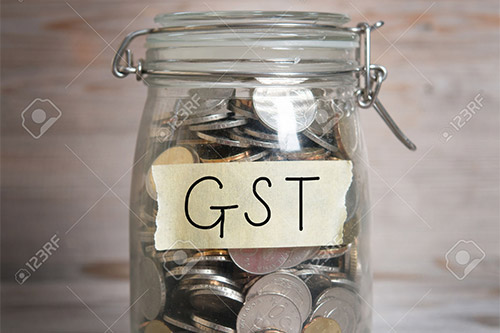FM Arun Jaitley snubs critics: All you wanted to know about PM Modiís reforms agenda in 10 points
Dated 18th November, 2015
 Finance Minister Arun Jaitley said rather than cut the budget deficit he will prioritise economic growth, something that is likely to further infuriate the opposition and even antagonise critics in the wider Sangh Parivar and the Bharatiya Janata Party (BJP) itself. It may also make the upcoming session of Parliament even more volatile than it already is expected to be. Arun Jaitley said he would prefer to instead spend money on beefing up infrastructure (rather than slash deficit). Here are the top 10 points encapsulating all you wanted to know in 10 short points:
Finance Minister Arun Jaitley said rather than cut the budget deficit he will prioritise economic growth, something that is likely to further infuriate the opposition and even antagonise critics in the wider Sangh Parivar and the Bharatiya Janata Party (BJP) itself. It may also make the upcoming session of Parliament even more volatile than it already is expected to be. Arun Jaitley said he would prefer to instead spend money on beefing up infrastructure (rather than slash deficit). Here are the top 10 points encapsulating all you wanted to know in 10 short points:
1. Arun Jaitley’s remarks come at a time PM Narendra Modi is seeking to regain the initiative after a bruising election setback in Bihar earlier this month that triggered a rebellion by elders like L K Advani in the BJP. However, indicating an aggressive approach to all criticism, Arun Jaitley brushed aside the restive senior leaders in his party, saying “people must have a sense of responsibility when they speak.”
2. With parliament due to convene for its winter session on Nov. 26, the opposition has been emboldened by its gains in Bihar and is unlikely to soften its stance, something that is crucial for the BJP-led govt to secure in order pass reforms or else it can bid goodbye to them.
3. Modi won India’s strongest general election mandate in 30 years in May 2014, but the Congress party he defeated has fought a successful rearguard action against his reforms in the upper house, Rajya Sabha.
4. This caused PM Modi’s reforms agenda to come to a screeching halt even before it had time to gain momentum. That has prevented the passage of a national goods and services tax (GST) – what would be the most ambitious tax reform since Independence in 1947. By unifying Asia’s third-largest economy into a single market the GST would add as much as two percentage points to the economy, some have estimated.
5. Arun Jaitley has sought a compromise with the opposition, saying the government was ready to discuss all issues with them to pass key constitutional amendment that would pave the way for the GST to become law. “Without compromising on the architecture itself, and keeping a general consensus between the states and the Centre in mind, I think a discussion is reasonably possible,” he said.
6. India is the fastest-growing major economy in the world, outpacing even China. Jaitley said he hoped growth would exceed 7.3 percent in the fiscal year to March, and had the potential to reach rates of 8-10 percent. In his budget, he estimated growth of 8.1 to 8.5 percent in the current fiscal year. The World Bank has, meanwhile, forecast growth of 7.5 percent.
7. It is extremely crucial for govt to get cracking on the economy to create work for the restive one million young Indians who enter the workforce every month. With corporate and bank balance sheets strained, the government would prefer to channel buoyant tax receipts into infrastructure spending rather than slash its deficit target.
8. “I would stick to my fiscal deficit target of 3.9 percent (of gross domestic product) this year and the priority will be to spend whatever resources the government has within the fiscal deficit target,” said Arun Jaitley. But he refused to be drawn on the fiscal deficit target that the government would set at its next budget.
9. In addition to the GST, the government plans to push ahead in the winter session of parliament with reforms to bankruptcy law, changes to foreign direct investment rules and a faster disputes resolution mechanism for public contracts.
10.That govt needs money from all sources is clear to all. And for this purpose, last week, the government eased foreign direct investment (FDI) rules for 15 sectors. And Jaitley is looking elsewhere across the world for funds too. Courting deep-pocketed sovereign wealth funds in the Middle East, Jaitley said he expected the Abu Dhabi Investment Authority (ADIA) to start investing in India soon and eventually commit up to $75 billion. What he offers to the world is succinctly put, “India has now proved to the world its commitment to reforms. India is growing faster than other emerging markets. There is a stability and predictability of the policy regime.”
(This article is published in The Financial Express on 18 Nov, 2015)





